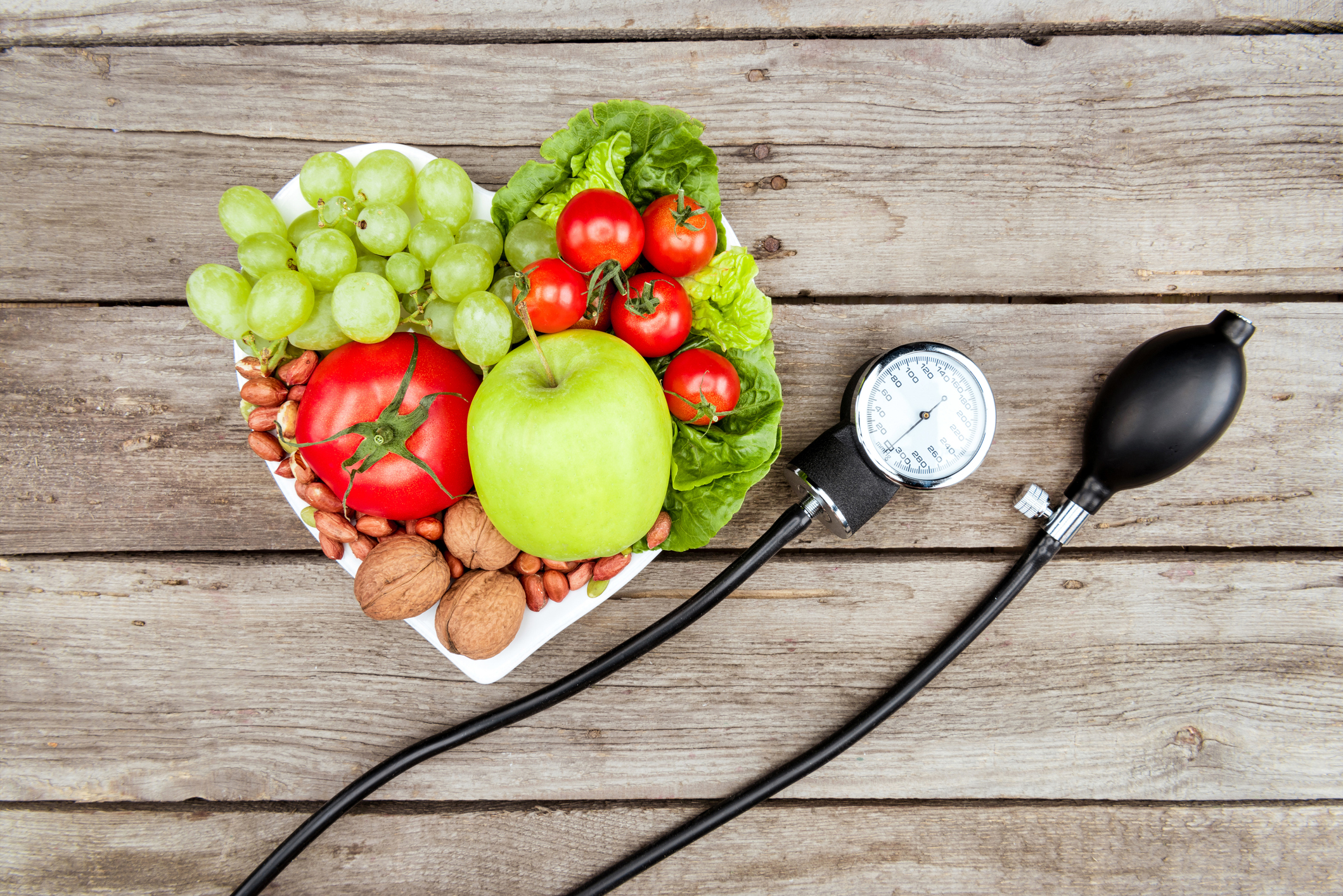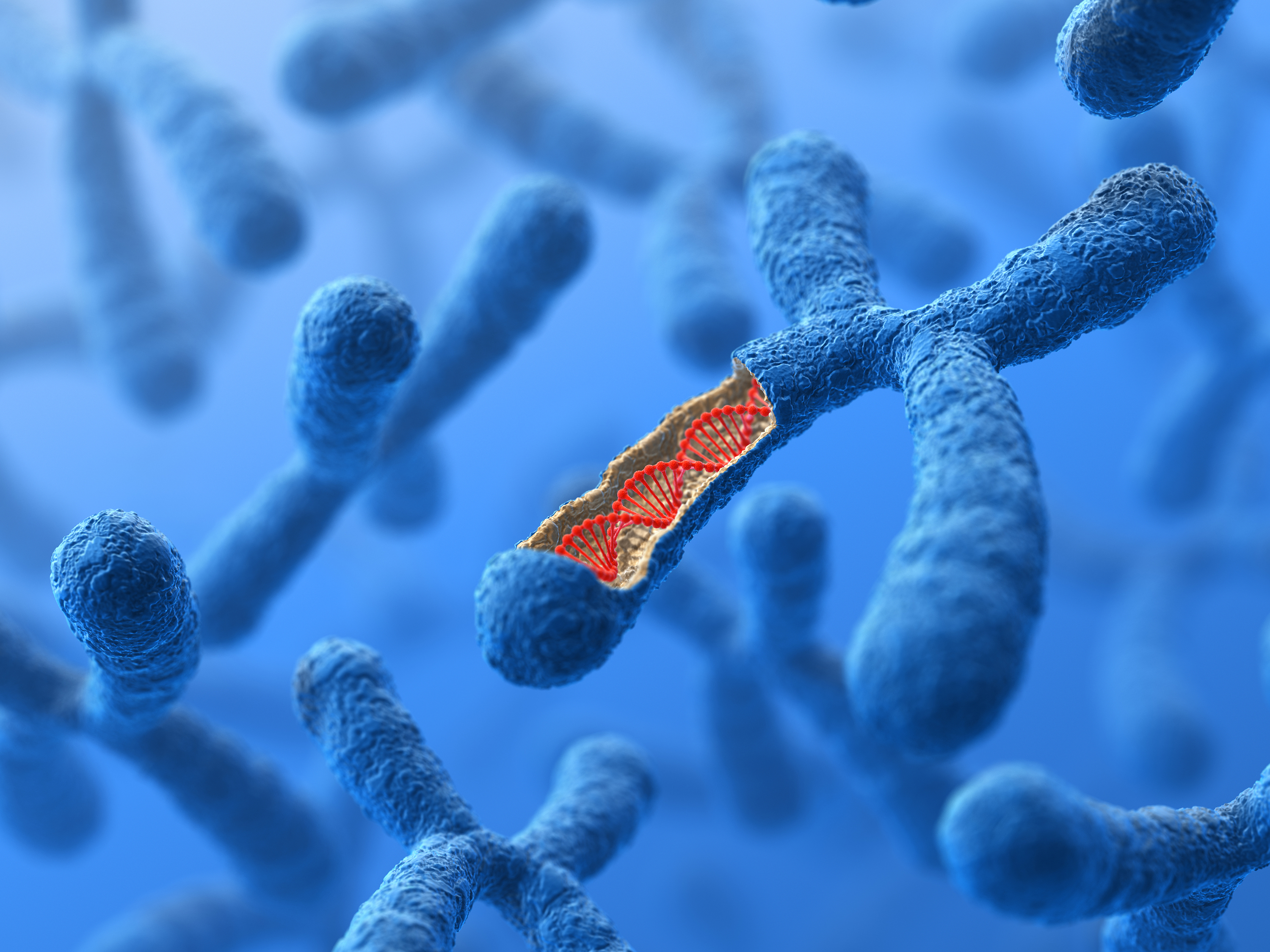Research Shows Eating More Fruits and Vegetables Cuts Kidney Patients’ Medicine Expense in Half
High blood pressure is one of the leading causes of kidney disease. When blood pressure is too high, blood vessel walls can thicken and become stiff which can also damage organs throughout the body such as the kidneys. Not only can high blood pressure damage kidneys, but kidney disease can lead to high blood pressure. If kidneys are damaged and can no longer make an enzyme known as renin, blood pressure can be elevated. With continued emphasis on managing and even preventing chronic conditions to improve overall health, research is continuing to occur to find effective interventions to treat conditions such as [...]



